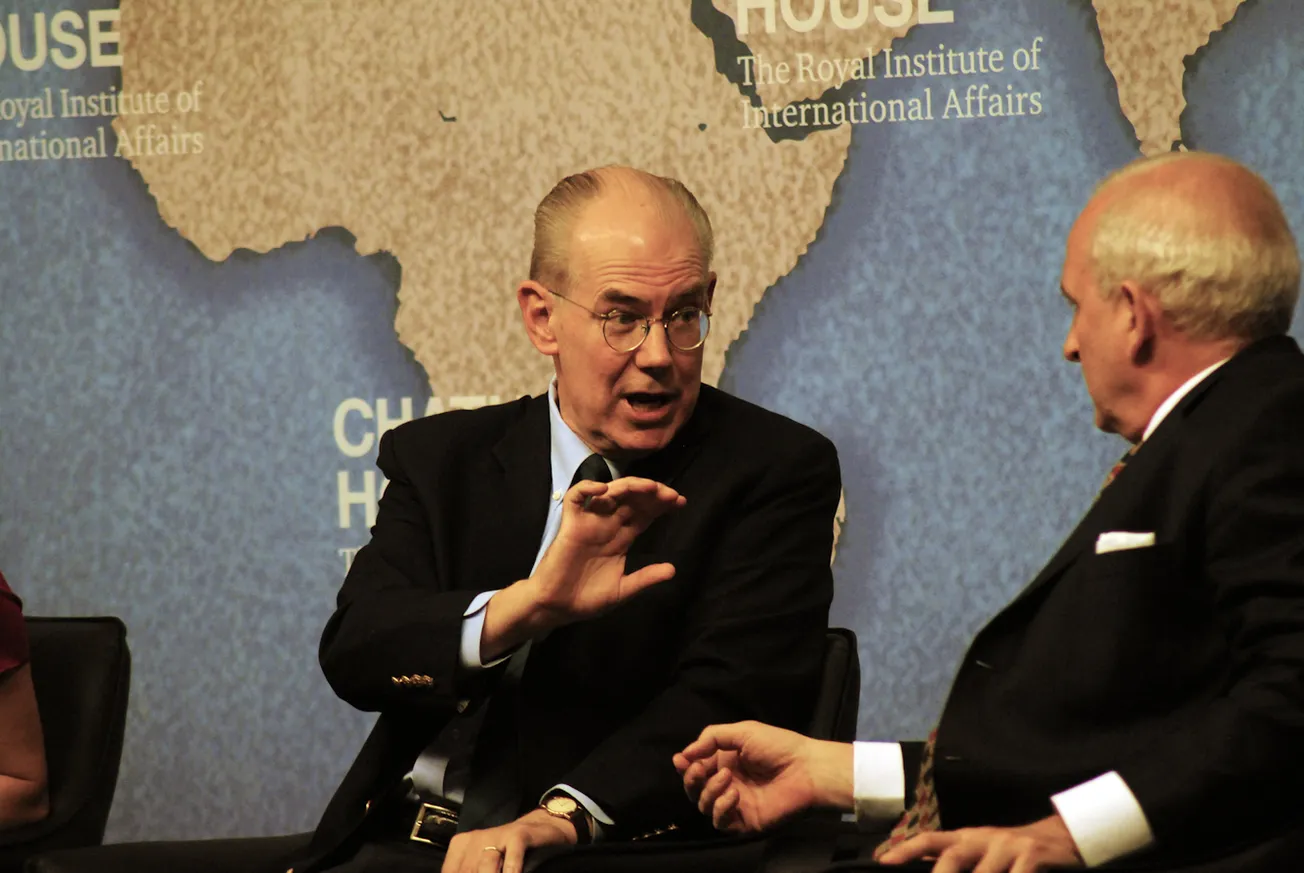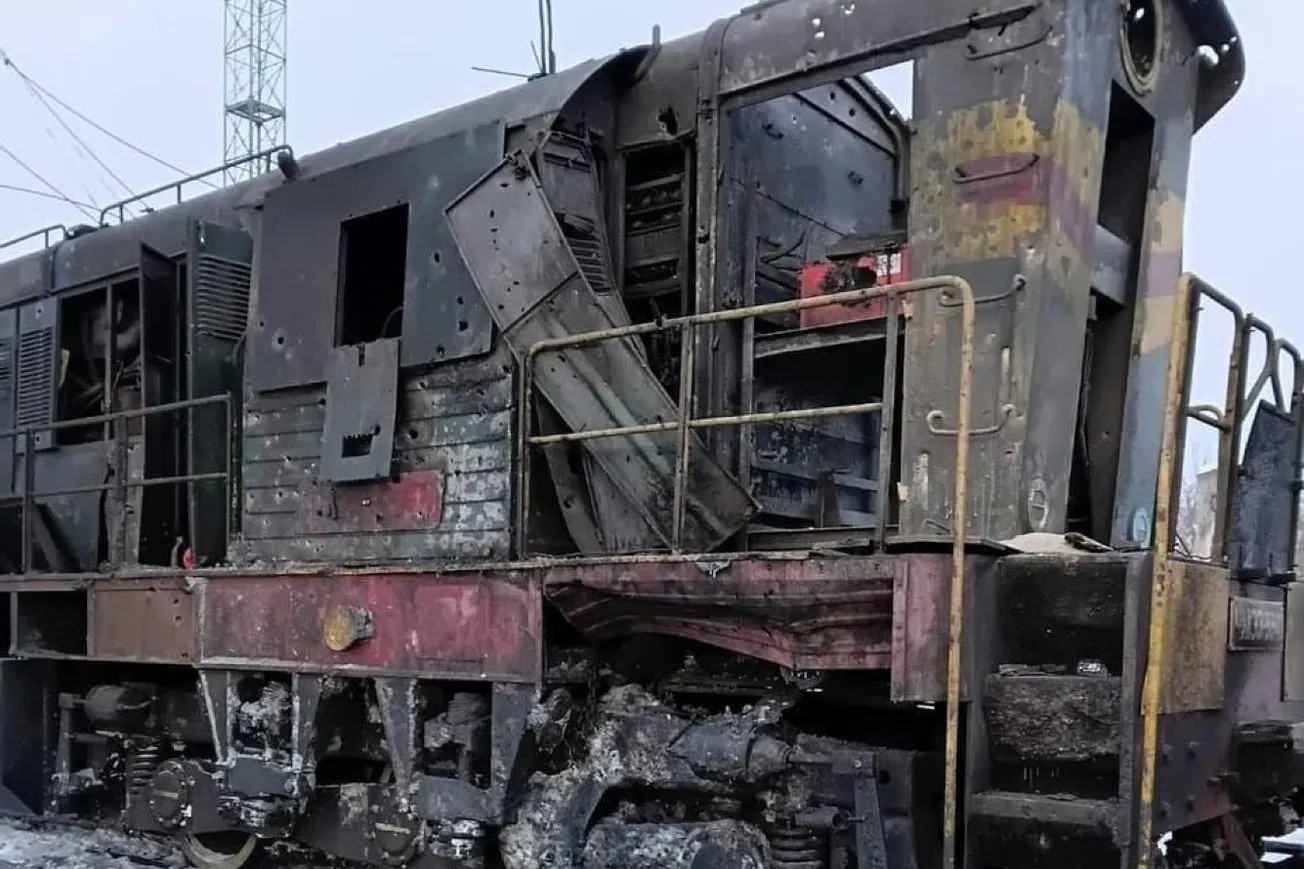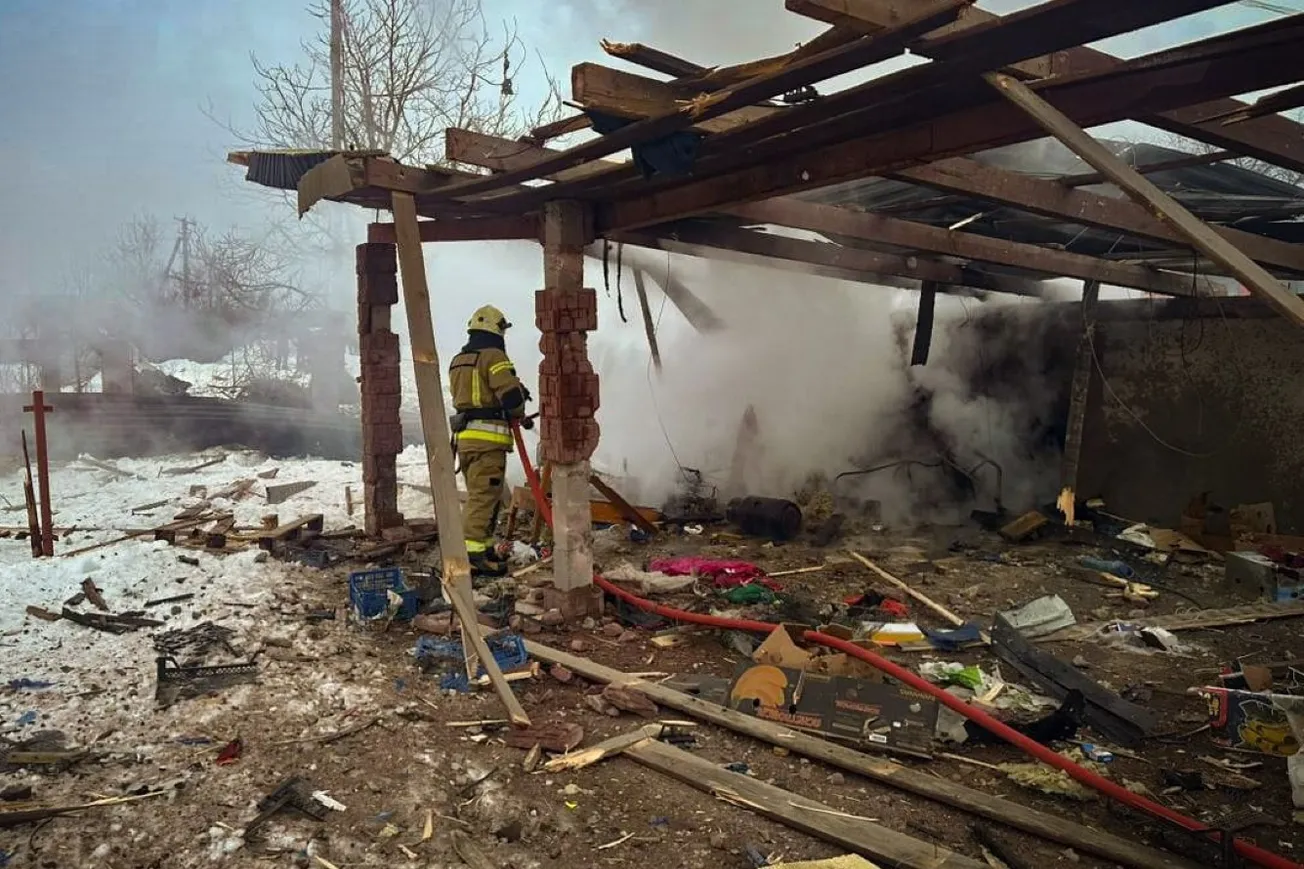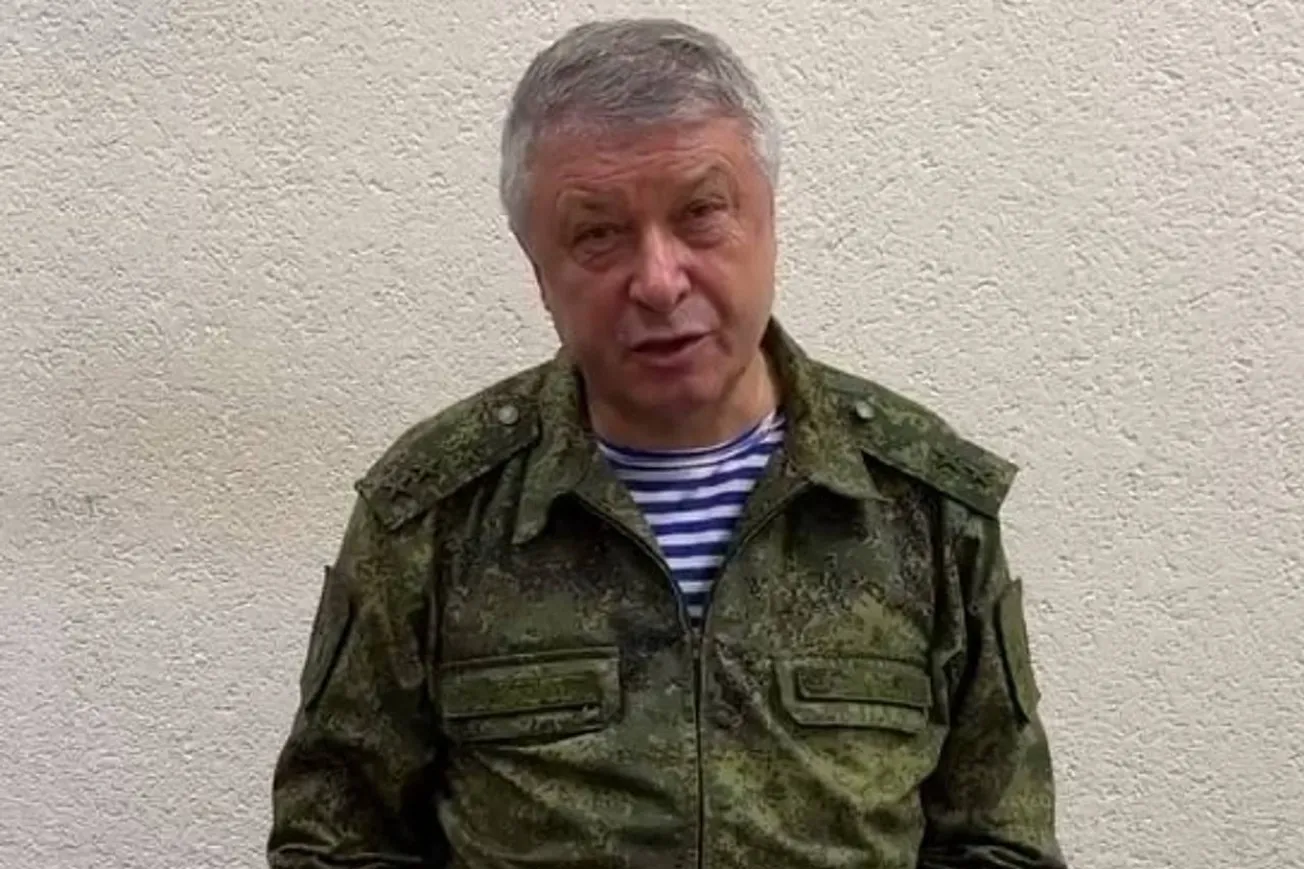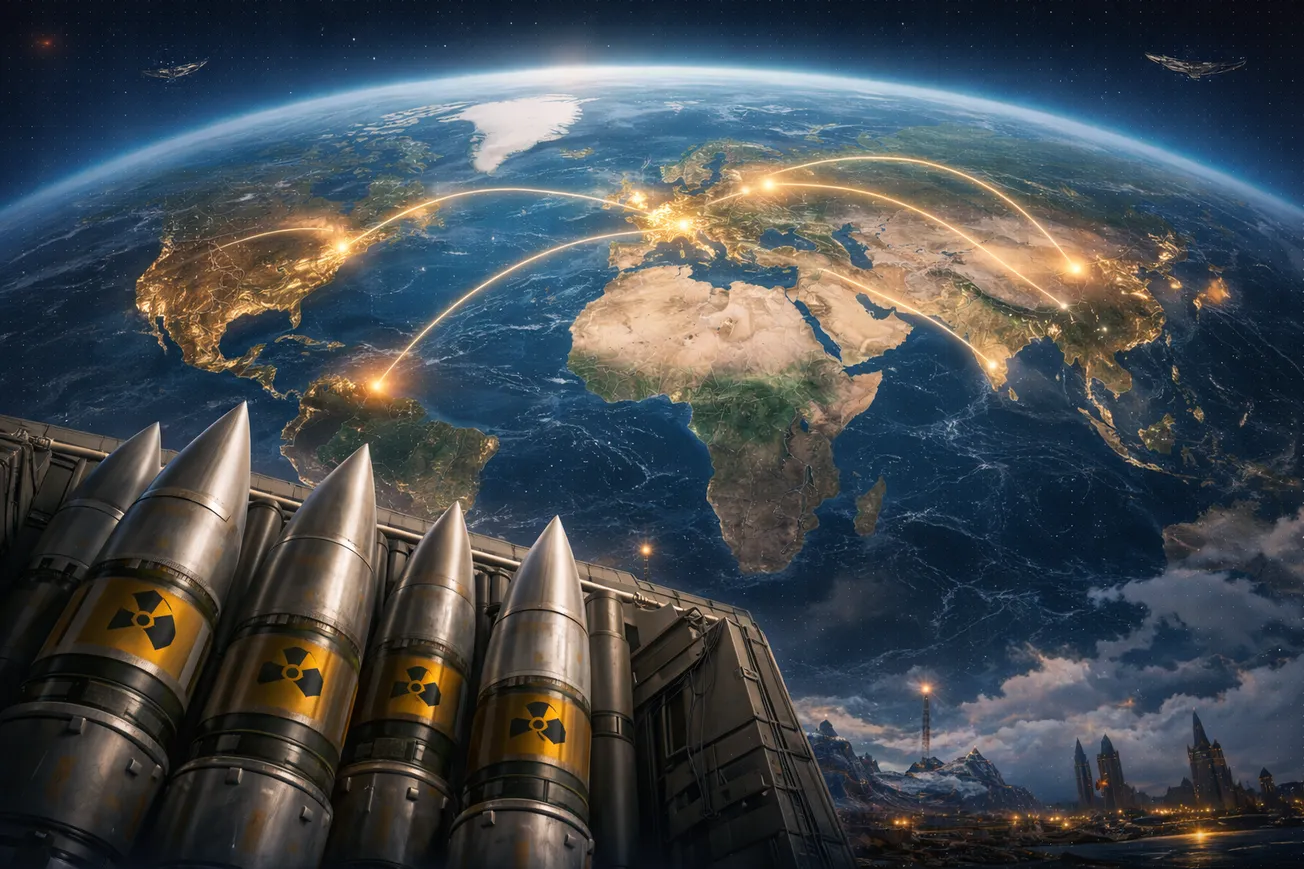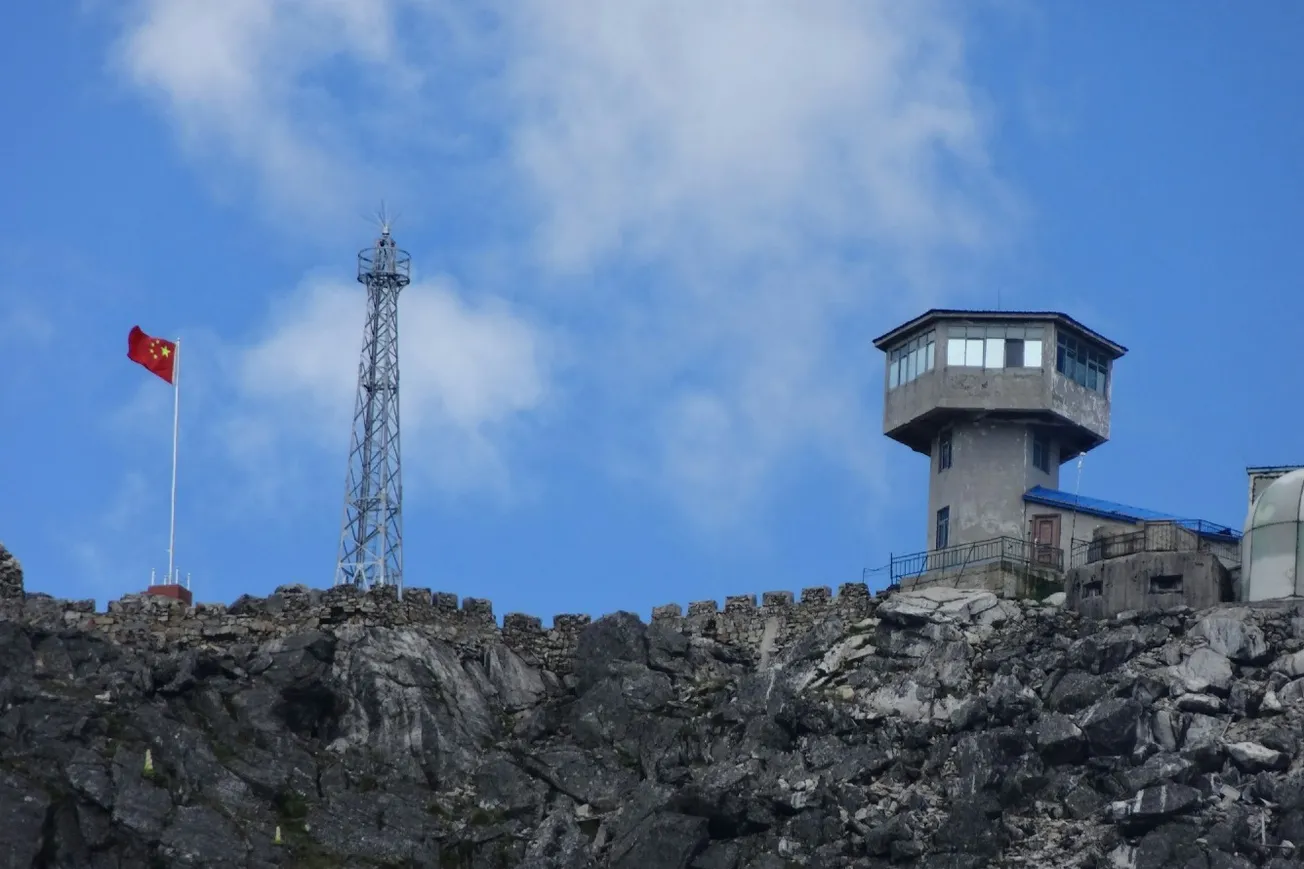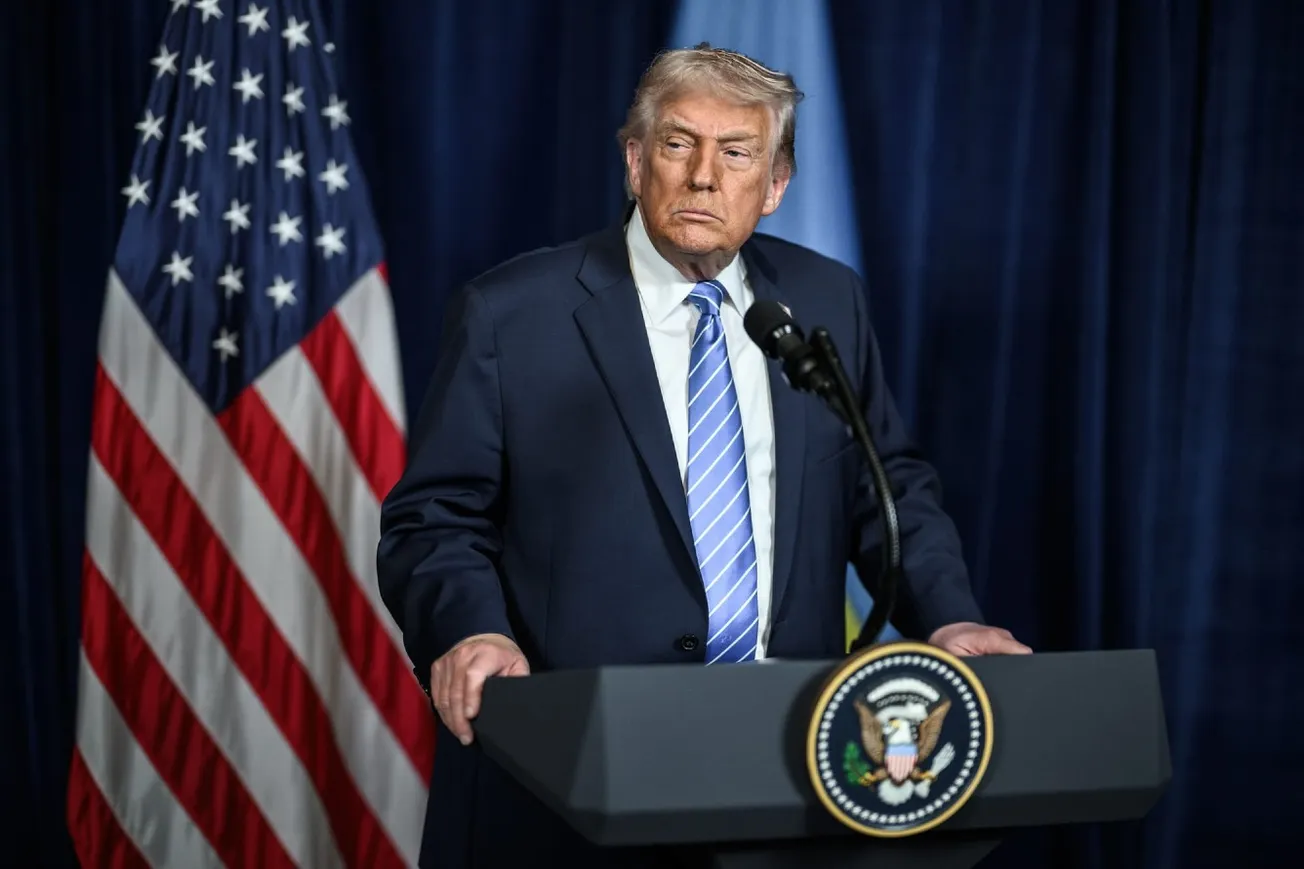John J. Mearsheimer, a Wendell Harrison Distinguished Service Professor of Political Science at the University of Chicago, has consistently taken a view different from the current Beltway types about America's role in Ukraine. In a July 30 interview with Aaron Mate of Push Back, Mearsheimer says that questioning the U.S. support of the Ukraine War is to risk being canceled in today's political climate.
A proponent of the theory of great powers such as the United States, Russia, and China, and the author of a 2001 book, "The Tragedy of Great Power Politics," Mearsheimer said as long ago as 2015 that the West's response so far to the (Ukraine) crisis" was only aiding in "making a bad situation worse." He was referring to American involvement in Kyiv that had successfully ousted the then Moscow-friendly Ukrainian leader, President Viktor Yanukovich, and returned a Western-friendly leader, Petro Poroshenko, to the presidency.
In the Mate interview, Mearsheimer reviews the current war and offers a pathway to peace. The claim that the Biden administration always makes - that Russia's actions in Ukraine were unprovoked - comes apart with Mearsheimer's insight.
NATO Expansion to Russia's borders was a significant cause. Mearsheimer points out that the original thinking in Washington was not to expand NATO. "Back in the 1990s, when the subject of NATO expansion was being debated, there were a large number of very prominent members of the foreign policy establishment who said that NATO expansion would end up in disaster. This included people like George Kennan (and) William Perry, who was the Secretary of Defense at the time. By the way, there was widespread opposition to NATO expansion inside the Pentagon then."
But NATO expanded eastward under President Clinton anyway, inching ever closer to Russian borders. In 1999, the Czech Republic, Hungary, and Poland gained NATO membership. On March 29, 2004, under the urging of President Bush 43 in the wake of the global war on terror, NATO expanded by seven new states on a single day - Bulgaria, Estonia, Latvia, Lithuania, Romania, Slovakia, and Slovenia. Each was a Soviet colony during the cold war.
Even Europe was once opposed to Ukraine's NATO membership. Mearsheimer recalls the opposition from many quarters in 2008 when the NATO Bucharest Summit announced that Ukraine and Georgia would join the defense alliance. "When the decision was made, in April 2008, at the Bucharest Summit to bring Ukraine into NATO, Angela Merkel and Nicholas Sarkozy, who was then the French leader, both of them were adamantly opposed to bringing Ukraine into NATO. This is when the trouble started...Angela Merkel was bitterly opposed, and she subsequently said that the reason that she was opposed was that she understood that Putin would interpret it as a declaration of war." He continues: "Moscow repeatedly stated that Ukraine entering the Western alliance would be seen as an existential threat (to Russia)."
But, despite the opposition, Washington doubled down and kept Kyiv's hopes of joining NATO alive through the years. Mearsheimer blames "three key elements" in the West's strategy - the expansion of NATO, the expansion of the EU, and the promotion of democracy globally - as sowing the seeds of the conflict. He says, "For its part, Ukraine did not learn from Georgia's foolhardy attempts to stand up to Moscow in the vain hopes that NATO would step in when necessary."
Ukraine's NATO membership is not imminent. Mearsheimer points out that sadly for Ukraine, the coveted U.S.-backed defense alliance membership remains out of Ukraine's reach. Forced to issue a statement by President Zelenskyy at the Vilnius Summit, NATO acknowledged that Ukraine will be granted membership into the alliance once "conditions are met." What those conditions are was not explicitly mentioned. It is safe to assume that Kyiv will not officially join the NATO fold as long as the war rages.
Mearsheimer says that the prospect of a future NATO membership for Ukraine only incentivizes Russia to continue the conflict to stall that eventuality. Further, it hinders the possibility of any real cease-fire talks or truce negotiations - a fact acknowledged by many American and European officials. Moscow is also likely to capture more Ukrainian territory, especially those regions with Russian-speaking populations, and establish control of more areas in efforts to create substantial buffer zones between the two countries.
Now that the war has entered its eighteenth month, hopes of a quick resolution are dead. As Mearsheimer warns, "We're not going to get a meaningful peace agreement between Ukraine and the West on one side and the Russians on the other. The best we can hope for is a 'cold peace.' And a 'cold peace' - where the Russians are constantly looking for opportunities to improve their position, and the Ukrainians and the West are constantly looking for opportunities to improve their position - means each side is attempting to take advantage of the other. When you get into a cold peace where both sides operate that way, the potential for escalation and returning to a hot war is great."
Lasting peace is possible if Ukraine becomes neutral. Mearsheimer says that a path to lasting peace would involve returning Ukraine to a neutral state, which would entail building up the country's economy and making it less dependent on either bloc. Ukraine would act as a buffer between NATO and Russia. But for this scenario to take shape, the current and future U.S. administrations must permanently shelve plans of bringing Ukraine into the defense alliance fold.
One-sided war rhetoric. Mearsheimer cites the one-sided war rhetoric in Western capitals: "That people like me have sort of kept out of the mainstream media is quite remarkable. We have conventional wisdom in Washington, and the mainstream media is committed to policing the marketplace of ideas to ensure that people who disagree with that conventional wisdom are not heard, or if they are heard, their arguments are perverted or countered immediately."
"It's a terrible situation. It's not the way life is supposed to work in a liberal democracy. You have to have some semblance of a marketplace of ideas if you want to have smart policies. Because the fact is that governments often sometimes do stupid things, or they pursue policies that look like they're correct at the time but prove to be disastrous. And you want to have lots of people who disagree with those policies have an opportunity to voice their opinions before the policy is launched and after the policy is launched. But in this day and age, that's very difficult to do, and that's very depressing and distressing."
As we go to press with this piece, the New York Times just broke a grim story. The war has claimed 500,000 lives, with peace talks nowhere on the horizon: "And while combatants are dying in droves, the civilians caught between the guns have died in the thousands while millions have been displaced."
Like our insights? Show your support by becoming a paid subscriber!

